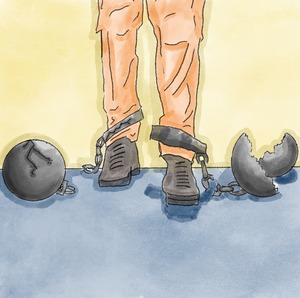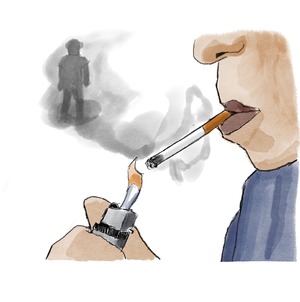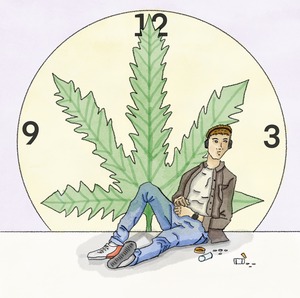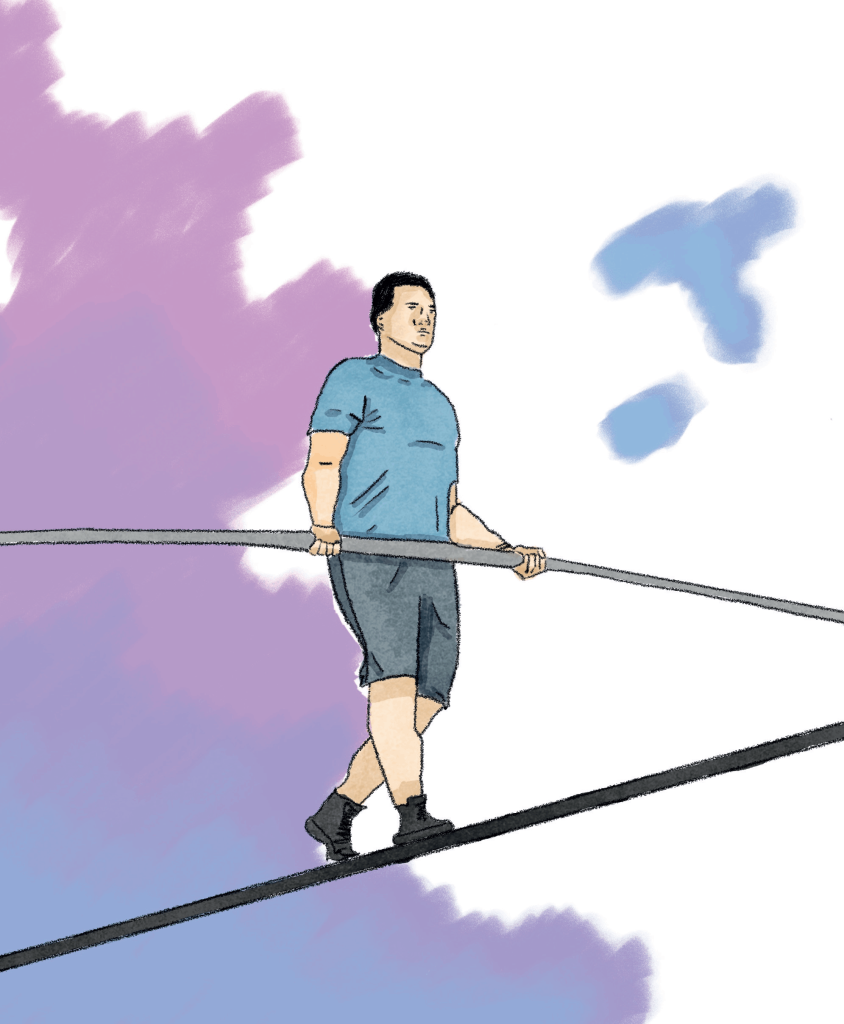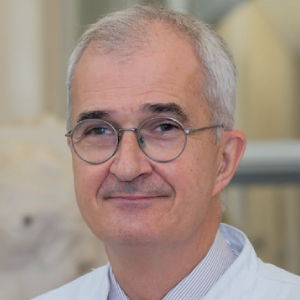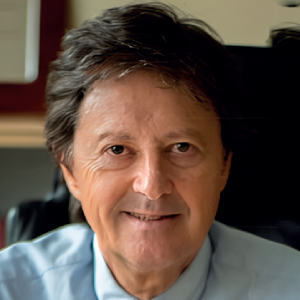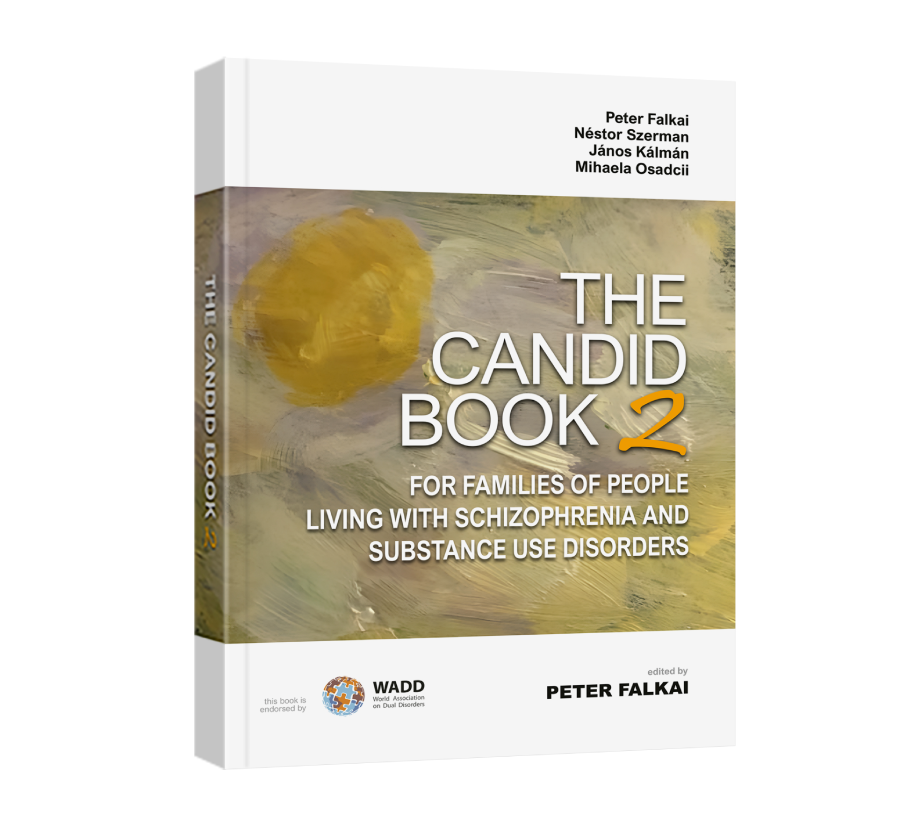
THE CANDID BOOK 2
For families of people living with schizophrenia and substance use disorders
by Peter Falkai, Néstor Szerman, János Kálmán, Mihaela Osadcii
The Candid Book 2 is the second one in a series created to provide frank and reliable information for everyone who cares about a person living with schizophrenia. The first volume from this series is conceptualized to support the audience in understanding the illness itself and in guiding families through the real-life journey of caring.
The Candid Book 2 is dedicated to a frequent and demanding reality: schizophrenia that co-exists with substance use. Its goal is to deliver genuine, evidence-based information and practical recommendations kindly provided by renowned experts in the mental health field.


